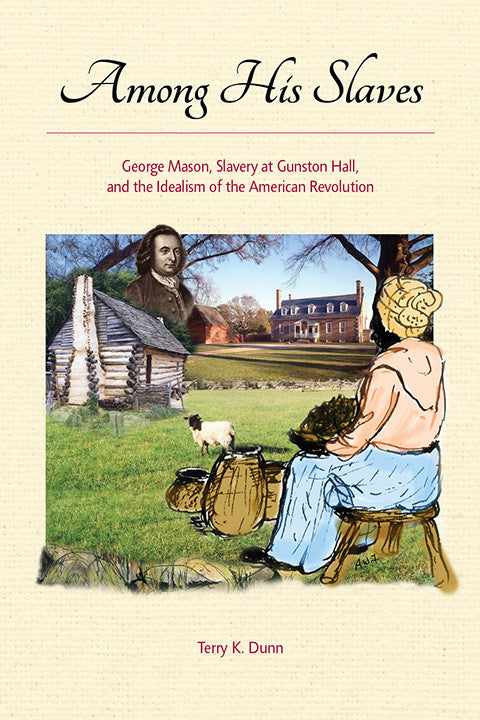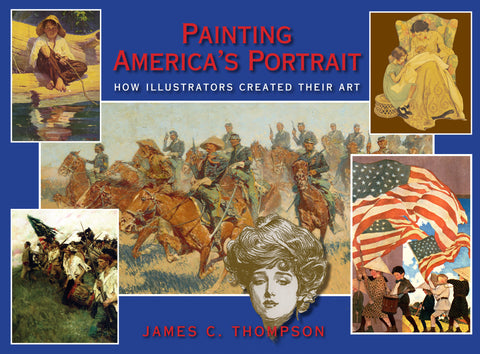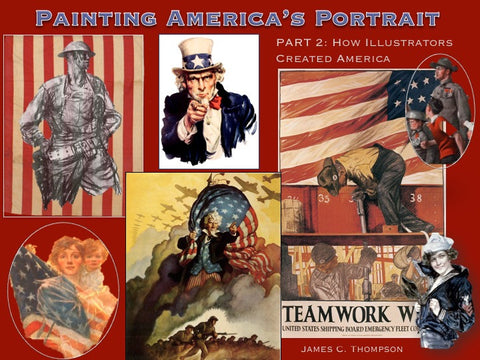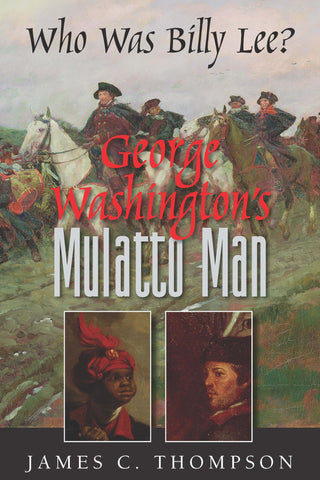Among His Slaves: George Mason’s Struggle With Slavery, by Terry K. Dunn
$20.00
Author: Terry K. Dunn | Show Publication detailsHide Publication details
Paperback Edition:
- Images: Color and Black & White
- ISBN: 978-1-943642-37-3
- Library of Congress Control Number: 2015949354
- Size: 6" x 9"
- Pages: 246
- Images: 18
- Release Date: 20 February 2017
- Retail Price: $20.00
Ebook Editions: Not Yet Available
George Mason of Gunston Hall distinguished himself as a planter, revolutionary patriot, author the Virginia Declaration of Rights, and slave owner. He wrote “that all men are by nature equally free and…have certain inherent rights…” and argued simultaneously that slavery was “that slow Poison, which is daily contamination [to] the Minds & Morals of our People.” Yet Mason owned more than a hundred slave men, women, and children himself. Over his lifetime he freed none of them.
Among His Slaves explores the paradox of this important founding father who believed strongly in human rights and detested slavery, but ignored the legal opportunity to manumit slaves. It probes George Mason’s changing attitude on slavery during the American Revolutionary period. As early as 1765, more than a decade before he drafted for the Virginia Declaration of Rights, he declared slavery as “an Evil very pathetically described by the Roman Historians.” His statements grew ever more emphatic and vocal as time went on. Across more than two decades - from 1765 to 1788 - Mason became increasingly outspoken about his disdain of slavery. Referring to all masters of slaves as “Petty Tyrants,” he does not free any of the individuals he owned. His own spoken and written words do not match actions he could have taken to manumit his slaves. Why not?
Among his Slaves uses plantation records and Mason family documents to tell the story of enslaved Africans and African Virginians who lived on George Mason’s Plantation, Gunston Hall. It provides new information never before published on his enslaved people and sheds light on why Mason did not manumit his slaves during his lifetime.
This paradox demands discussion. The story is overdue.









